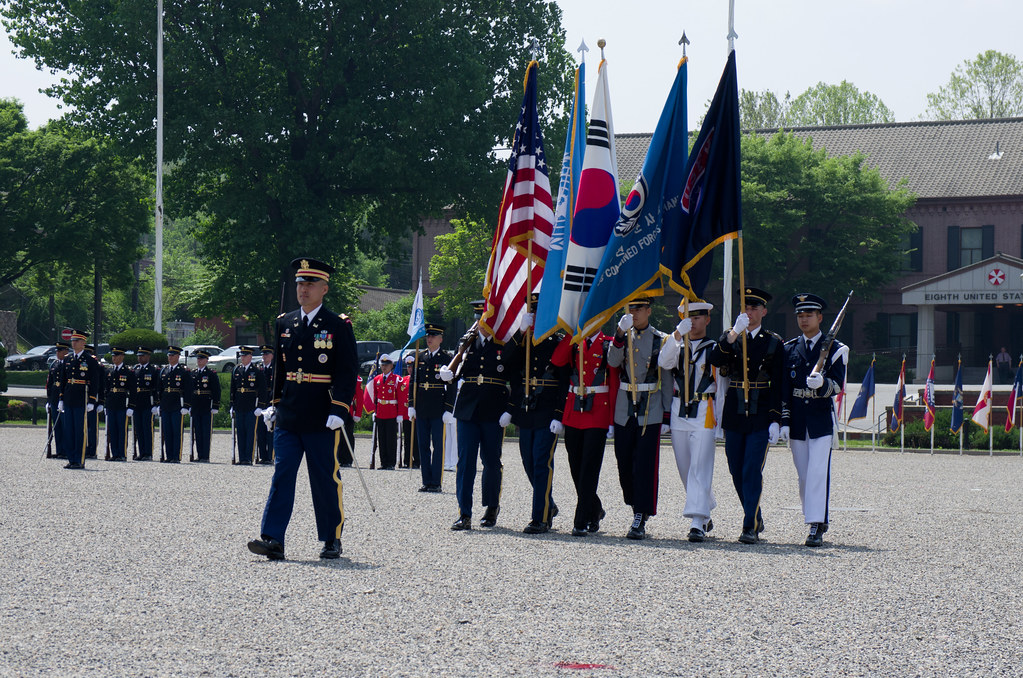The Peninsula
Debate around South Korea's Role in the Alliance Splits along Partisan Lines

This briefing comes from Korea View, a weekly newsletter published by the Korea Economic Institute. Korea View aims to cover developments that reveal trends on the Korean Peninsula but receive little attention in the United States. If you would like to sign up, please find the online form here.
What Happened
- South Korea looks to assume wartime operational control (OPCON) from the United States by 2022.
- A survey conducted by the ASAN Institute in February revealed that 40% of South Koreans supported the planned transfer, while 32% advocated postponement and 11 called for the plan to be eliminated altogether.
- A group of retired deputy commanders from the Combined Forces Command (CFC) urged the Moon administration to postpone these changes until after North Korea’s denuclearization.
Implications: A long-established progressive-conservative flashpoint, South Korea’s assumption of OPCON continues to divide people along partisan lines despite growing criticism of U.S. government’s North Korea policy by people on all political spectrums. The conservatives’ strong support for the status quo is partly rooted in the fear that the U.S.-Korea military alliance may begin to unravel if Seoul regains OPCON. This aversion to potential abandonment outweighs conservatives’ growing dissatisfaction with Trump’s policies towards the Korean Peninsula, particularly his amicable posture towards Kim Jong-un. This also overcomes bipartisan misgivings around the Trump administration’s demand for more money to host U.S. troops in South Korea. The opinion of CFC deputy commanders will further embolden conservative opposition to President Moon’s current push to accelerate OPCON transfer.
Context: Domestic politics aside, South Korea still faces several barriers before it can secure OPCON. First, the South Korean military must pass a test to validate its capabilities. Second, the two countries must conclude negotiations on the role of the United Nations Command post-OPCON transfer. In recent months, these talks have reached a significant impasse. As such, the timeline of OPCON transfer may be delayed despite the Moon administration’s plans.
Korea View was edited by Yong Kwon with the help of Soojin Hwang, Hyoshin Kim, and Rachel Kirsch.
Picture from UNC – CFC – USFK flickr account
